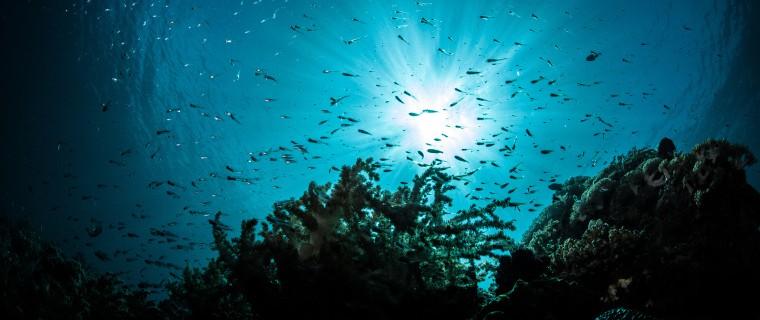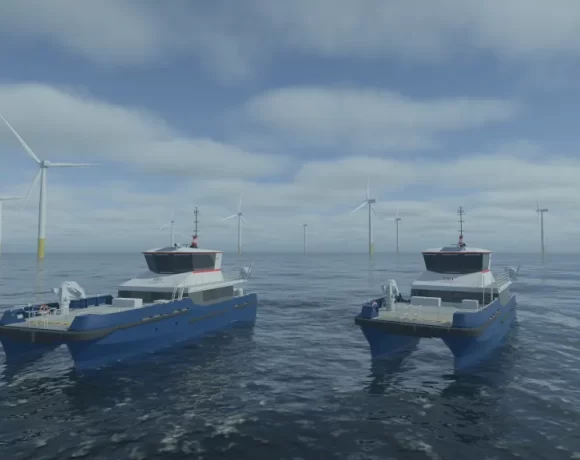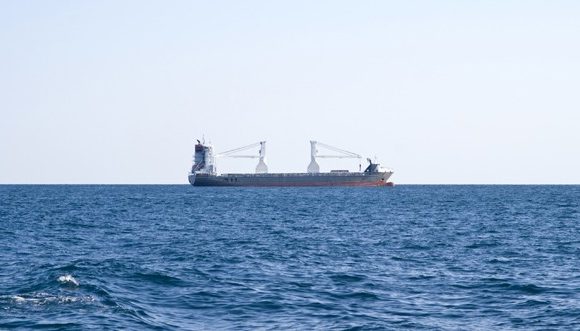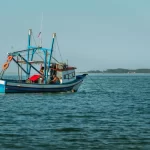While the World Is On a Standstill, Marine Life Has a Chance to Recover

Since the coronavirus pandemic hit the world, almost everything has been temporarily closed down to protect the people from contracting the virus.
For the first time since the war, commercial fishing has also been disrupted with ships and boats tied up due to travel restrictions around the world. There has also been a low demand for fish and seafood due to the closure of hotels and restaurants where most of these products are usually sold.
But as fishing fleets are literally on a standstill due to COVID-19, marine life is also getting a chance to recover, according to marine experts who are studying the positive effects of this unexpected closure.
The last time that this phenomenon happened was still during the war it has very positive impacts to marine life.
Carlos Duarte, a research chair at the Red Sea Research Center in Saudi Arabia explained: “Studies after the first and second world wars showed a spectacularly recovery. We are hoping that this unintended closed season between February and June or July will accelerate the recovery of fish stocks and allow us to reach conservation objectives faster.”
With the COVID-19 spreading fast across the world, half of all the ships in Spain that has the largest fleet in the European Union are now staying at port due to a huge decrease in the demand for seafood and fish.
In fact, the European Union ordered member states to offer financial aid to the fishing and aquaculture industries that are suffering from the huge slump in the demand for seafood.
But while the fishing industry is struggling to stay afloat, the marine life is now enjoying its time without any of the noise pollution that’s been torturing it for many years.
Maritime activities have caused a huge amount of noise pollution on the seas affecting marine life in a lot of ways. But now that the waters are quiet, a lot of people are sharing videos of how marine wildlife is appearing in places that they were never seen before.
For instance, a group of dolphins appeared near the beaches of Santa Marta and Cartagena in the Colombian Caribbean due to the lack of tourists and boats in the area.
Duarte explains this phenomenon as the result of lesser noise pollution in our waters: “The noise and the activity on the water have diminished. These animals have a culture that is passed through generations and the young ones are probably feeling curious about areas that were part of their territory decades ago.”
Another evidence that marine life is now slowly recovering is a sighting of turtles nesting in the beaches of Brazil, which according to Duarte will most likely happen in other because around the world during the breeding season.
Although the positive effects of this lockdown to marine life will not be as significant as the recovery after the world wars, this is a great start to helping the planet heal.
Resources:
https://www.bloomberg.com/news/articles/2020-04-17/with-fishing-fleets-tied-up-marine-life-has-a-chance-to-recover
https://www.coralguardian.org/en/nature-in-times-of-covid-19-noise-pollution-coral-reefs















